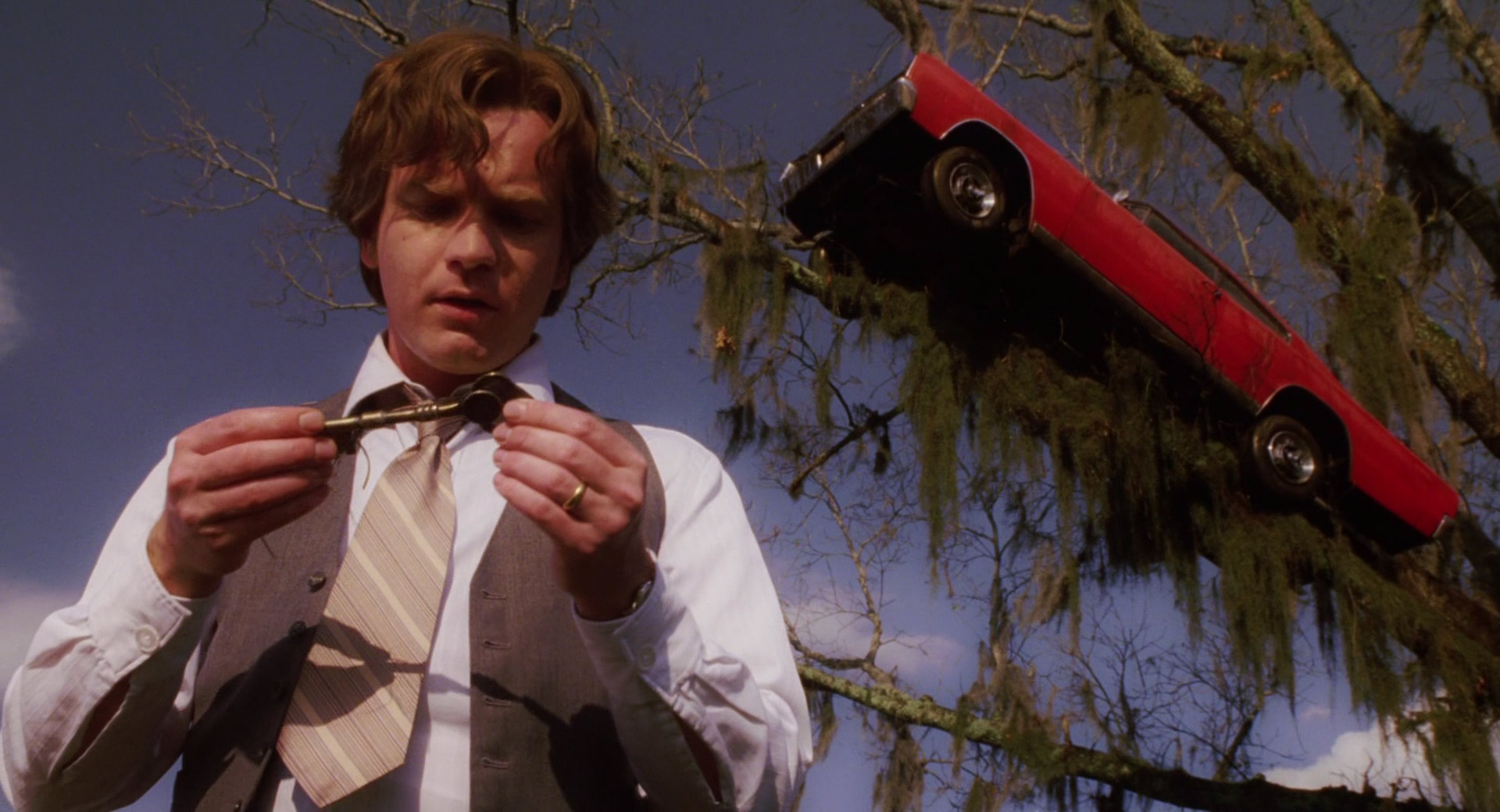POSTS
Incredibly Fanciful
Thoughts on The Bradbury Chronicles by Sam WellerI must have been about halfway through The Bradbury Chronicles when I finally recognized, geez, this biographer really had his work cut out for him. Ray Bradbury famously embodied the imagination, playfulness, and eccentricity which made his work so successful. Sam Weller’s struggle to subdue his subject ultimately–and unintentionally–defines the final result.
He’s actually on pretty solid ground when it comes to Bradbury’s career. The book contains a ton of background on his most famous works, from individual short stories, to novels, and even collections like R is for Rocket. Weller includes still more about the various adaptations that Bradbury authorized over the years. (These seemed to miss the mark as often as they hit it, but if Bradbury had any insight on trusting others with his creations, it isn’t here.) The coverage tapers off for the twilight of the author’s career, simply noting the publication of later works with suspect brevity1.
Weller’s depiction of Bradbury’s personal life is a little spottier. To his credit, he’s pretty insightful about the man’s childhood, sharing essential context about his various haunts in Illinois, Nevada, and California. Weller makes a compelling case for how those southwestern states influenced Bradbury just as much as Waukegan, Illinois (which famously inspired the fictional Green Town). In particular, he documents the beginning of the writer’s love for pop culture–a love which he would later wear on his sleeve, as in this unpublished Paris Review interview:
A conglomerate heap of trash, that’s what I am, but it burns with a high flame.
The narrative gets a little shaky as Bradbury starts his own family. Weller gives only the briefest glimpse into Bradbury-as-father. We get a scant handful of pretty anecdotes and even fewer testimonials from his daughters (Susan, Ramona, Bettina, and Alexandra). Maggie Bradbury’s dissatisfaction with her husband comes as much as a surprise to the reader as it (allegedly) did to Ray himself. That readers could be so blindsided reflects a level of coziness between the biographer and his subject, one which extends beyond the marriage and detracts from the work as a whole.
Weller passes along a bunch of unverifiable and suspiciously-quaint stories straight from Bradbury: a magician’s command to “live forever,” the inspiration for “The Lake”, an idyllic reunion with a fabled performer, and an improbably-incisive call from a mysterious stranger. These are generally harmless, so I tried to accept them as entries in a reality-bending account. “Maybe it’s enough for the work to be emotionally authentic rather than 100% factually accurate,” I thought.
 Image: Sony Pictures Releasing
Image: Sony Pictures Releasing
The trouble is, Weller’s willingness to play ball goes beyond picturesque embellishments. For one, he only glancingly concedes Bradbury’s temper in the final pages. That treatment hardly seems in keeping with a character flaw that “most people” knew to “dance around.” He also employs an awkward delicacy in his discussion of Bradbury’s extra-marital affairs, sounding almost as though he were having a conversation with the man in the room… Which I suppose he was, as an authorized biographer.
I’d like to believe that these distortions are justified–that the same proximity which informed his bias also awarded an unrivaled level of access. The damage to his authority seems too severe to me, though. I find myself questioning the more meaningful aspects of the history. Just how monstrous was John Huston? Just how valiantly did Bradbury struggle against McCarthyism? Just how much of a loving husband was he? These sound an awful lot like the kind of questions one might have before reading.
We can only guess whether Weller could have been more critical under the watchful eye of his subject, but that’s just one path toward authenticity. For instance, Weller might have included reflection on his relationship with both the author and the truth. Even without going full-on Tracy Kidder, it seems like he could have been way more honest with his readers. As it stands, he seems blissfully ignorant of the impact of his personal devotion to his subject2. I’m glad to have learned some details behind the publication of my favorite works, but a 332-page biography is an awfully cumbersome format for a bunch of trivia.
-
It’s possible that publication simply became a mundane process for the accomplished author, but I can’t help but wonder if Weller struggled to make the later works seem relevant. ↩︎
-
Weller chooses to open his work with a prideful declaration of bias:
↩︎Like many of my generation, I am a lifelong, card-carrying member of the Intergalactic, Time-traveling, Paleontology, Mummies, Martians, Jack-o’-Lanterns, Carnivals, and Foghorn-coveting Ray Bradbury fan club.